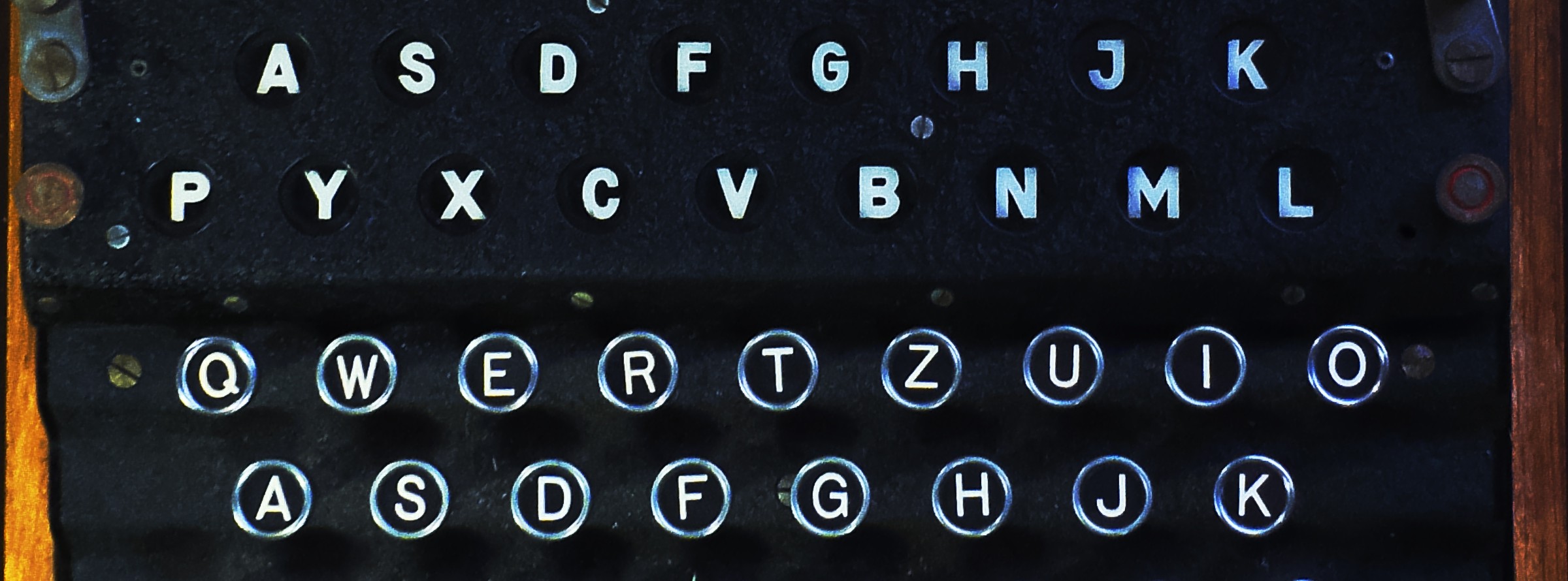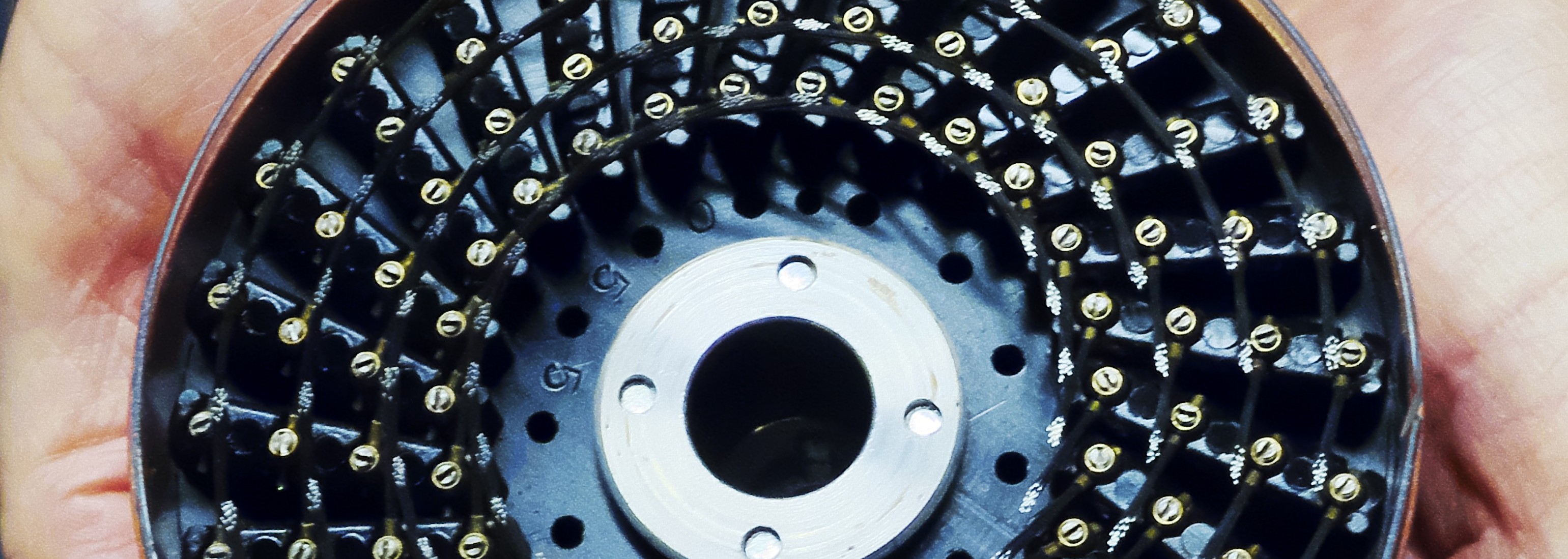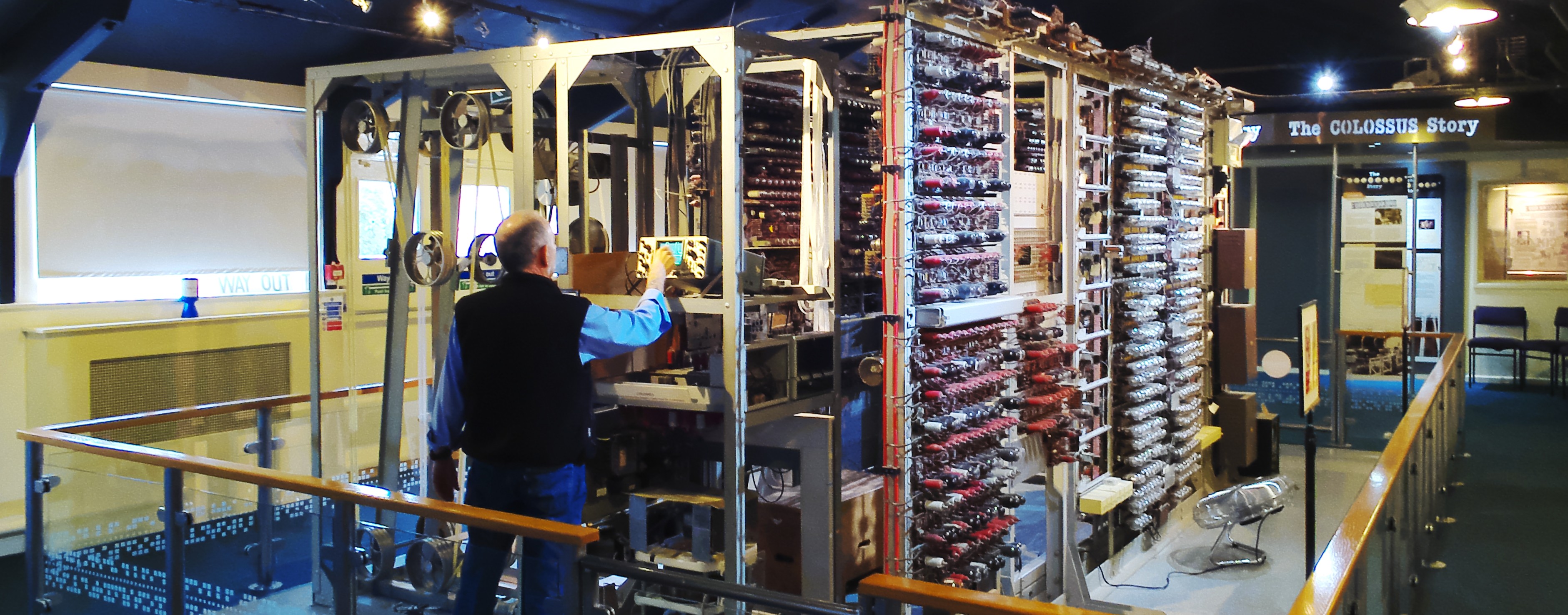Almost all modern books and other publications refer to a method of encrypting information as a “cipher”; whereas the Government Code and Cypher School at Bletchley Park spells the word as just seen: with a ‘y’ in the second place, not an ‘i’.
If you have noticed this anomaly, you are far from the only observer. Wikipedia, among its other high aims, holds the record of a discussion on this issue among some of its editors. However, unlike some of its editors’ other arguments, this one is described as a “Storm in a Teacup”.
Although an early Wikipedia consensus indicated that either form of the word was acceptable, there is a more recent opinion, little opposed, that modern-day codes, particularly those developed during and after the 1970s, should take the word ‘cipher’, whereas historical articles can use ‘cypher’.
The British descriptive (not prescriptive) authority on the English language, the Oxford English Dictionary, in its full version, promotes ‘cipher’ as the preferred modern spelling. Yet its historical examples more frequently refer to ‘cypher’, in the ratio 5:4.
Here is an early example, from Bacon’s writing:
1605 Bacon Of Aduancem. Learning ii. sig. Qq, “The kindes of Cyphars..are many, according to the Nature or Rule of the infoulding: Wheele-Cyphars, Kay-Cyphars, Dovbles, &c.”
Therefore, when writing original text on this website, we take the British wartime government’s own spelling in the title of the Government Code and Cypher School which was, of course, what we know today as Bletchley Park.
But for a final word for readers (such as this author) who like detail, this website is commended:
http://blog.cipherprime.com/uncategorized/2013/05/its-cipher-prime-not-cypher-prime/







